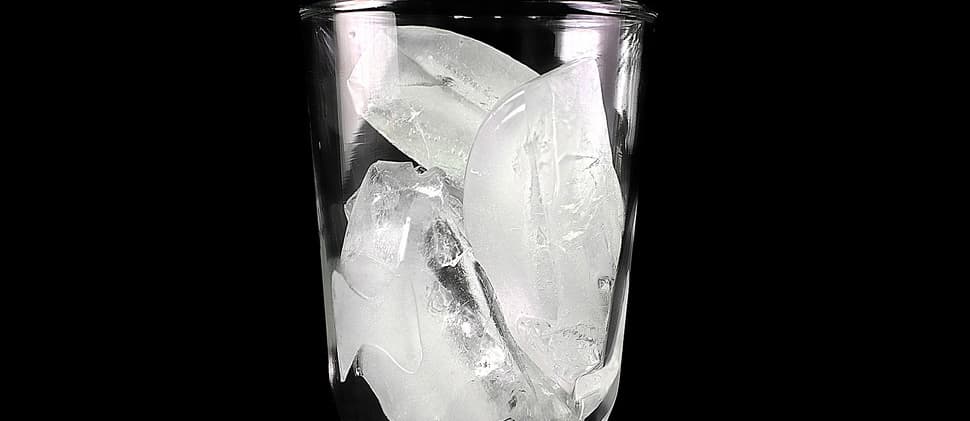Other than fiber, what else do plants make that animals don’t that could help account for how dramatically slimmer those who eat plant-based diets tend to be? In my last post Boosting Gut Flora Without Probiotics I covered fiber. In my 2-min. video Tipping Firmicutes to Bacteroidetes I cover phytonutrients and why it’s sometimes better to not absorb them. If phytonutrients can alter gut flora in a way that helps people lose weight, then you’d think people eating diets based on plants would have significantly different colon populations. Indeed, that’s something that’s been known for four decades, and may help explain why those eating such diets tend to be slimmer.
Another reason plant-based diets have been tied to better weight management may be the water content of plant foods. Fruits and vegetables average 80 to 90 percent water. Just as fiber can bulk up the volume of foods without adding calories, so can water. Cognitive experiments have shown that people tend to eat a certain volume of food, and when that volume is mostly water they don’t end up gaining as much weight. Even if you take out the visual component and instead stick a tube down people’s throats to feed them whatever volumes of food you want, if you add more water to their stomach they tend to eat less. Perhaps this is due to the stretch receptors in their stomachs sending signals to their brains saying we’ve had enough.
If water is so helpful, why can’t you just eat that steak and drink a glass of water? As you can see in my 3-min. video The Ice Diet, it doesn’t work. You feel more full during the meal, but you end up eating the same number of calories throughout the day, unless, they’ve found, you preload. Drinking water with the meal doesn’t seem to help control calories, but drinking a big glass of water a half hour before a meal might.
Ice water may be even better–or just ice. Water has zero calories, but ice has less than zero since our bodies have to warm it up. The Annals of Internal Medicine published a letter called “The Ice Diet.” Using simple thermodynamic calculations of how much heat our body would have to generate to take an ice cube up to body temperature, the authors concluded that eating a quart of ice–like a really, really big snow cone with no syrup–could rob our body of more than 150 calories. That’s the “same amount of energy as the calorie expenditure in running 1 mile.”
Sound too good to be true? It is actually, as Ray Cronice talks about in his body hacking work with thermogenics, you may just be diverting some of the body’s waste heat. If you really want to use chronic mild cold stress to lose weight, turning down one’s thermostat or wearing fewer layers outside may be more effective in the long-run than drinking slushies of slush.
–Michael Greger, M.D.
PS: If you haven’t yet, you can subscribe to my videos for free by clicking here and watch my full 2012 – 2015 presentations Uprooting the Leading Causes of Death, More than an Apple a Day, From Table to Able, and Food as Medicine.
